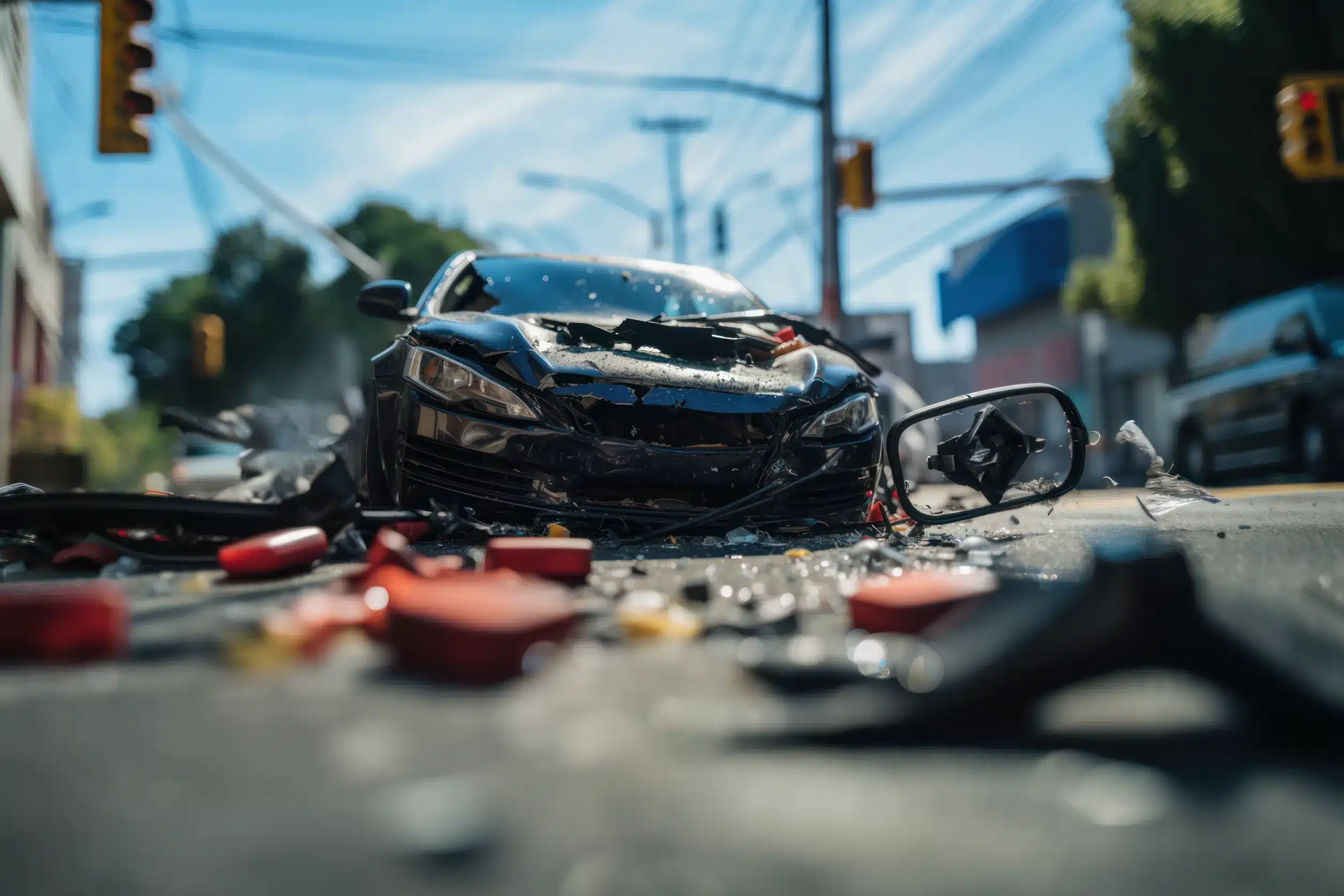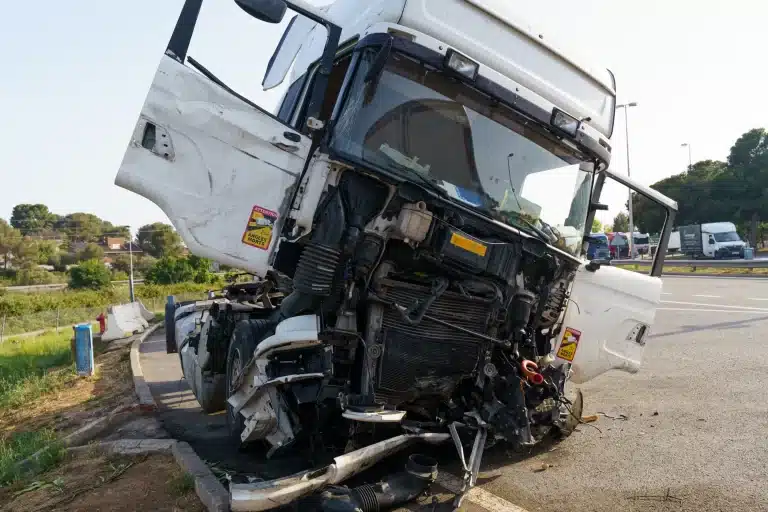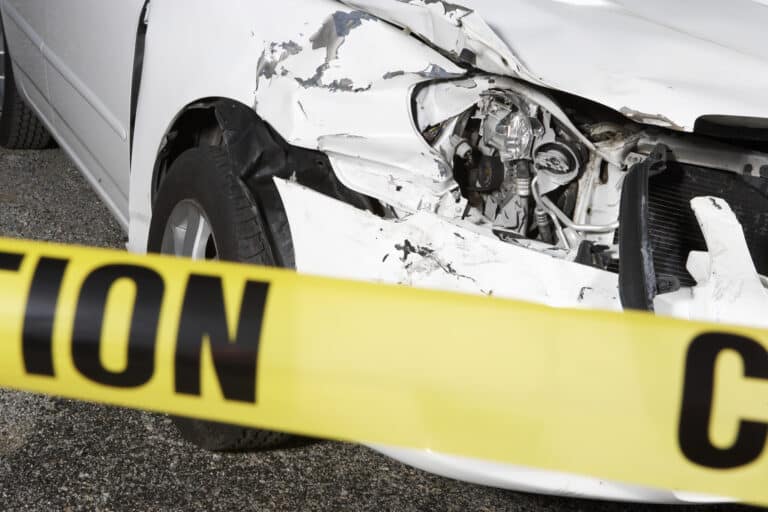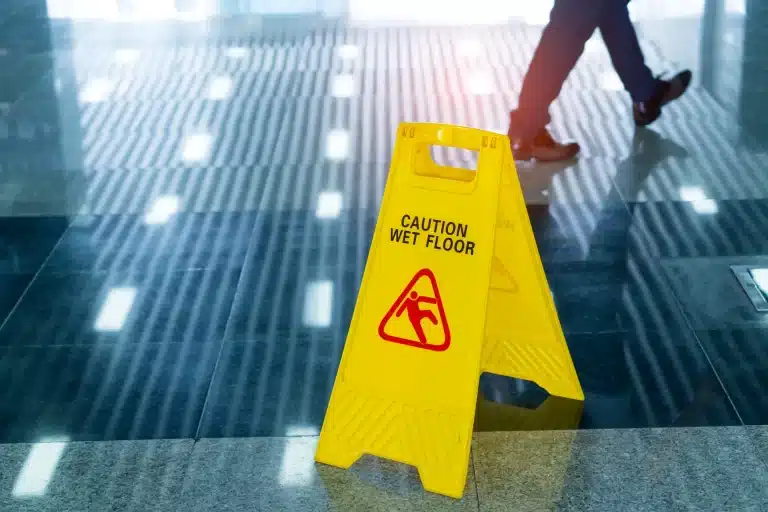What Should I Do If I Caused a Car Accident in Florida
What Should I Do If I Caused a Car Accident in Florida?
Being involved in a car accident is a stressful experience, especially if you believe you might be at fault. As a Florida resident facing potential legal challenges, understanding your rights and responsibilities is crucial. This blog aims to guide you through the essential steps and legal considerations if you find yourself in this situation.
Understanding Fault in Florida Car Accidents
Florida’s legal system operates under a ‘no-fault’ insurance framework. This means that after a car accident, your insurance company covers your medical bills and lost wages, regardless of who was at fault. However, being ‘at fault’ in an accident can have other legal implications, especially if the other party decides to sue for injuries.
Key Points to Remember:
- Report the Accident: Regardless of fault, Florida law requires you to report any accident involving injuries or significant property damage. Report the accident as quickly as possible.
- Insurance Coverage: Familiarize yourself with your insurance policy. It’s essential to know what is covered in case of an accident and what you need to do.
- Legal Representation: Consider consulting a car accident defense lawyer, especially if there are injuries or significant damages involved.
Steps to Take Immediately After the Accident
If you find yourself in a car accident in Florida, here are some immediate steps you should take:
- Ensure Safety: Check for injuries and ensure the safety of everyone involved.
- Contact Authorities: Call 911 if there are injuries or significant property damage.
- Exchange Information: Get the contact and insurance information from the other parties involved.
- Document the Scene: Take pictures of the accident scene, including vehicle positions and damages.
- Avoid Admitting Fault: Be cautious with your words. Do not admit fault or liability at the scene.
- Contact Your Auto Insurance: Make sure to report the fact that an accident happened in a timely manner. Failing to report an accident to your insurance can sometimes result in them refusing to provide coverage.
Dealing with Insurance Claims and Settlements
When facing a lawsuit, dealing with insurance claims becomes a complex and often overwhelming process. Navigating this terrain with care and knowledge is crucial to protect your interests. Here’s an expanded guide on how to handle insurance claims and settlements:
- Report the Accident to Your Insurer: Reporting the accident to your insurance company as soon as possible is vital. This not only complies with the terms of your policy but also initiates the claims process. Be factual in your report, providing all necessary details without admitting fault.
- Understand the Claims Process: Familiarize yourself with the claims process of your insurance provider. This includes knowing your policy’s coverage limits, what types of damages are covered (such as property damage, medical expenses), and the procedures for filing and tracking a claim. Understanding these details helps you set realistic expectations and prepares you for discussions with your insurer.
- Document Everything: Keep a detailed record of all communications with your insurance company. This includes saving copies of emails, noting down details of phone conversations, and keeping a log of any in-person meetings. This documentation can be invaluable, especially if disputes arise about the handling of your claim.
- Work Closely with Your Attorney: It’s advisable to work in close coordination with your car accident defense attorney throughout the claims process. They can provide valuable guidance on legal jargon, policy interpretation, and can help advocate for your best interests.
- Consider Settlement Offers Carefully: If a settlement offer is made, approach it with caution. Review every aspect of the offer with your attorney to understand its implications fully. Your attorney can help evaluate whether the settlement adequately covers your liabilities and losses and can negotiate on your behalf for a better offer if necessary.
- Negotiating with the Claimant’s Insurer: If the other party’s insurance company contacts you, refer them to your attorney. Do not engage in negotiations or provide statements without legal advice, as this can impact your case.
- Be Prepared for Possible Counterclaims: In cases where fault is disputed, your insurer might need to handle counterclaims from the other party’s insurance. Understanding your policy’s provisions for such scenarios is important.
By taking these steps, you can better manage the complexities of insurance claims and settlements in the wake of a car accident in Florida. Remember, having a knowledgeable attorney by your side is invaluable in navigating these waters effectively.
Protecting Yourself Financially and Legally
After an accident where you’re deemed at fault, protecting yourself financially and legally becomes paramount. Here are ways to do this:
- Communicate Through Your Attorney: Once you have legal representation, let your attorney handle all communications. This includes discussions with the other party’s lawyer, insurance companies, and in court.
- Understand Your Insurance Coverage: Know the limits of your liability coverage. It’s what stands between you and significant out-of-pocket expenses.
- Avoid Social Media: Refrain from discussing your accident on social media platforms. Social media can be used against you in court and negatively effect your case.
Building a Strong Defense Case
Your defense case is central to protecting your rights. Key elements include:
- Collecting Evidence: This includes gathering photographs, videos, police reports, and witness statements.
- Understanding Accident Reconstruction: In some cases, reconstructing the accident can provide insights into what actually happened and who is truly at fault.
- Exploring All Avenues: This means considering all possible defenses, such as proving the other driver’s fault or shared fault.
How to Choose the Right Defense Attorney
Selecting the right car accident defense attorney is a crucial step. Look for:
- Experience in Florida Car Accident Cases: They should have a proven track record in similar cases.
- Understanding of Local Laws: Familiarity with Florida’s specific legal nuances is essential.
- Good Communication: Your attorney should be easily accessible and communicative.
Navigating the aftermath of a car accident in Florida, especially when you’re at fault, can be daunting. Remember, the right steps and legal assistance can make a significant difference in the outcome of your case. By understanding your rights, the legal process, and working closely with a skilled attorney, you can effectively manage the situation and protect your interests.






